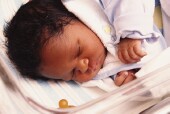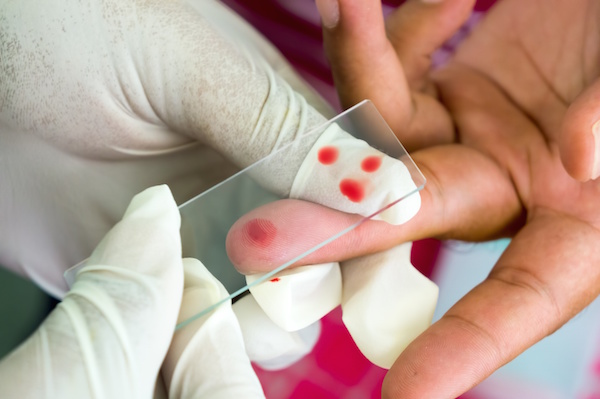
TUESDAY, July 20 (HealthDay News) — In parts of Africa, only about half of babies born to mothers with HIV receive the HIV prevention drug nevirapine, a new study has found.
Researchers looked at mother-infant pairs treated at clinics in Cameroon, Ivory Coast, South Africa and Zambia, and found that only 51 percent of HIV-exposed infants received the minimal dose of nevirapine.
The study also found that many HIV-positive women who were prescribed nevirapine before giving birth had no sign of the drug in samples of their umbilical cord blood.
“What this study shows us is that there are programmatic failures and common problems that occur along the path to mother-to-child transmission prevention,” including patients failing to take medications and inadequacies in HIV testing, study author Dr. Elizabeth Stringer, an associate professor of obstetrics and gynecology at the University of Alabama at Birmingham, explained in a university news release.
“We know that true mother-to-child transmission prevention begins with HIV testing, with finding those who are infected and getting them into a program helps them adhere to the single-dose nevirapine and other care guidelines,” she added.
The study, which appears in the July 21 HIV/AIDS themed issue of the Journal of the American Medical Association, highlights the need to expand global programs designed to prevent HIV/AIDS in children. It also points to the need to incorporate ongoing monitoring and quality improvements into all nevirapine-based care programs, the study authors concluded.
More information
The U.S. Centers for Disease Control and Prevention has more about mother-to-child HIV transmission.

